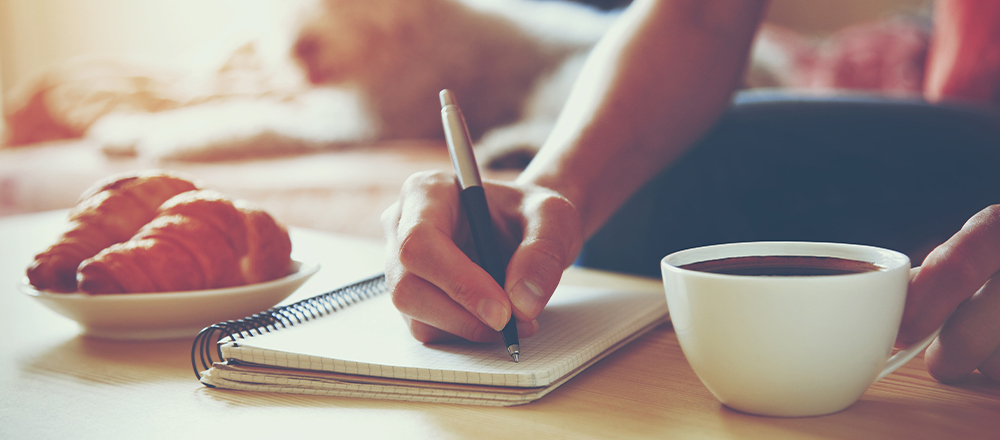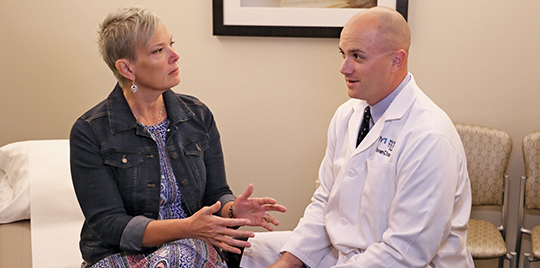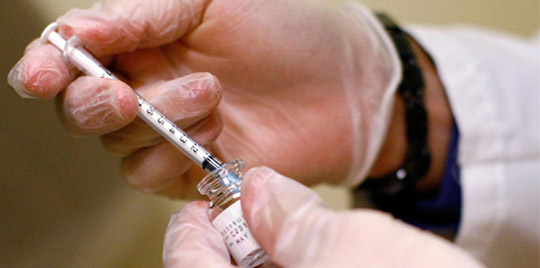12 Tips for Maintaining Your Mental Health During the Coronavirus Pandemic
March 24, 2020By: Mari Rydings
Categories: Live Healthy, Your Wellness

Social distancing, school closings, stay-at-home orders and working from home can make you and your family feel cooped up and isolated. Making self-care a priority will help you stay mentally healthy and give you the energy you need to care for others.
Mental Health Services
Tri-County Mental Health Services: 816.468.0400
FirstStepForHELP: 888.279.8188
Suicide Prevention Lifeline: 800.273.8255
- If you’re working from home, stick to your normal routine as much as possible. This means getting up at the same time every day and doing what you normally would before heading out the door.
- Take breaks from reading/watching/listening to the news cycle. It’s good to stay informed, but mix up coronavirus coverage with something lighthearted and fun.
- Get regular exercise. Browse YouTube or your app store for inspiration. Go for a walk, do some yard work, spring clean your home. Moving about is good for your physical and mental health. (Yes, it’s OK to head outside during the Stay At Home Order. Just practice social distancing by staying at least 6 feet away from others.)
- Eat healthy meals. In times of uncertainty, it’s easy to fall into not-so-healthy eating habits. Comfort food is fine in moderation, but stocking your pantry with good-for-you foods and snacks is your best bet.
- Get plenty of sleep. That doesn’t mean sleep your day away, but aim for 7-8 hours every night.
- If you drink alcohol, do so in moderation.
- Stay connected with friends and family via video chat, text, email, Facebook Messenger and snail mail. Make a list of people you haven’t chatted with in a while and drop them a line.
- Keep a gratitude journal. Jot down or mentally list three things you are thankful for.
- Pick up a new skill. Try Universal Class from the Mid-Content Public Library or LinkedIn Learning.
- Take a virtual field trip to a museum, zoo or anywhere you can think of.
- Plan your dream vacation. The sky’s the limit.
- Read (or listen to) a book.
Common Symptoms of Depression
Feelings of sadness or anxiety are normal, especially right now. But, the feelings should be temporary. if you find yourself having trouble enjoying life and performing daily activities, you could be depressed. Other signs of depression are:
- Little interest or pleasure in doing things
- Feeling down, depressed, or hopeless for an extended period of time
- Trouble falling asleep or staying asleep, or sleeping too much
- Feeling tired or having little energy
- Poor appetite or overeating
- Feeling bad about yourself or like you let yourself or your family down
- Thoughts of death or suicide
- Trouble concentrating on simple activities, such as reading the newspaper or watching television
The good news is depression is treatable. If you experience any of the symptoms above to the point you have difficulty maintaining your normal activity level and relationships, contact your primary care doctor.


